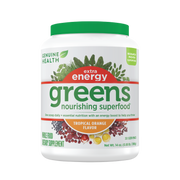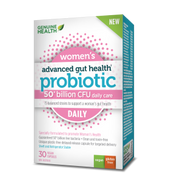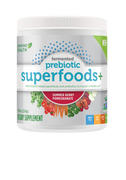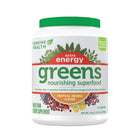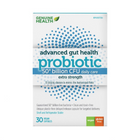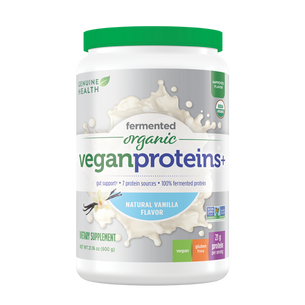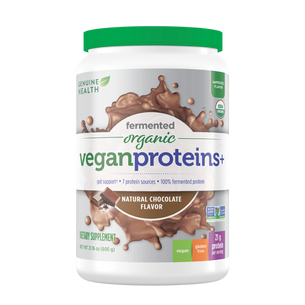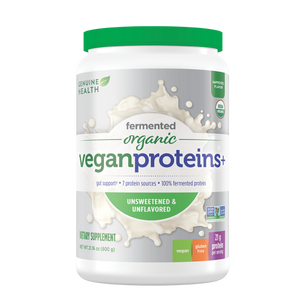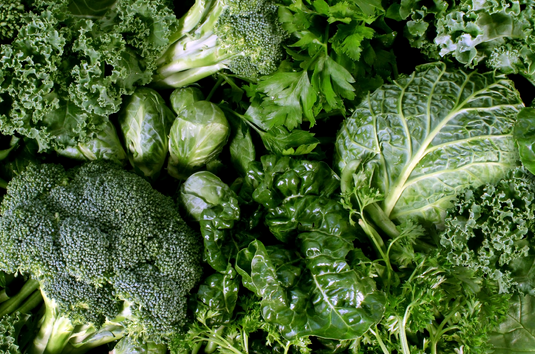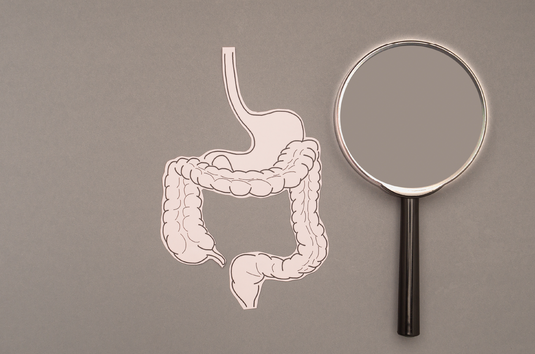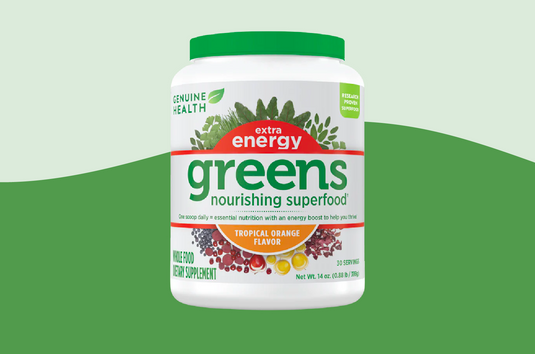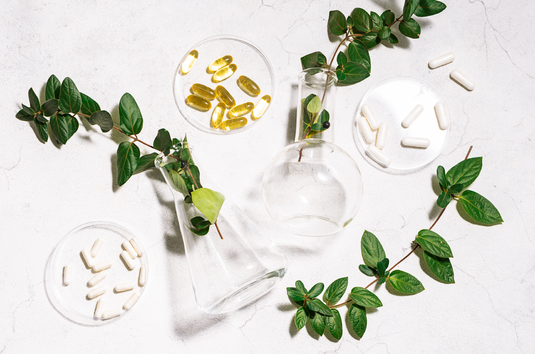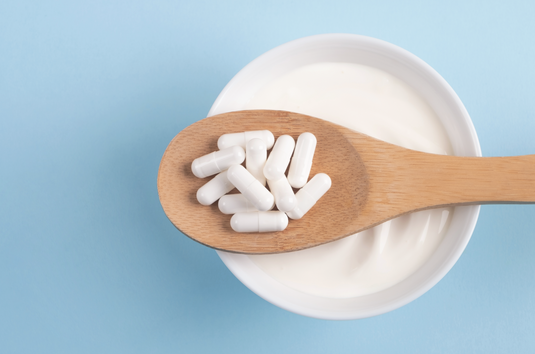How to Find Your Ideal Protein Amount
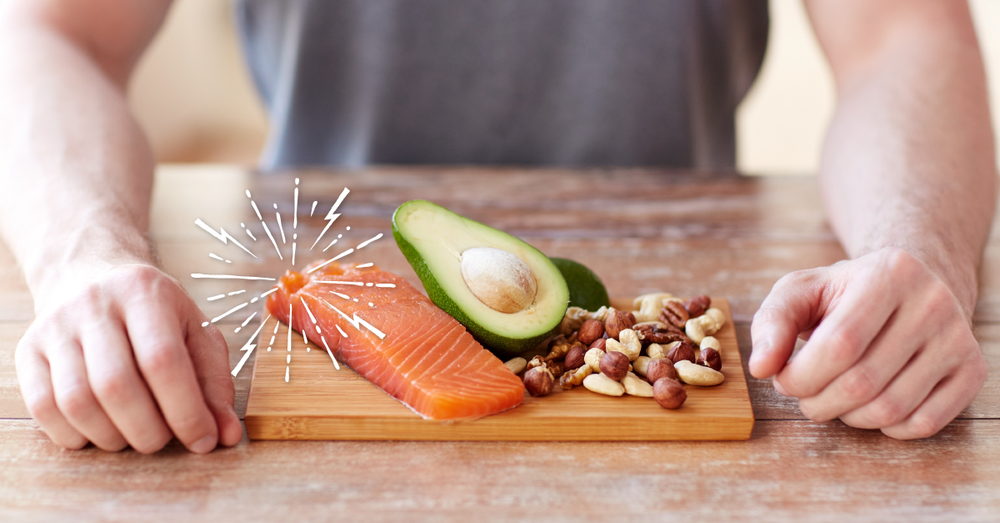
Getting the right amount of protein can benefit you in so many ways. From increasing your metabolism, helping you maintain a lean physique, building immunity and even helping you to feel fuller for longer, protein can help you reach your fitness goals faster, and love how you feel every day.
So how much protein do you need? The Dietary Reference Intake (DRI) recommends 0.8 grams of protein per kilogram of body weight. According to this calculation, the average sedentary woman requires 46 grams of protein per day, while the average sedentary man requires 56 grams.
However, daily reference guides only provide the bare minimum amount of a nutrient required to avoid deficiency. In order to thrive every day, you need more protein!
Dr. Jason Marr, naturopath and owner of Evoke Integrative Medicine in Vancouver, recommends more protein to his patients, “For most people who have a job, walk around a little bit and use their brain at all during the day though, I generally recommend about 1.0g of protein per kilogram of body weight per day, and that increases with physical activity and stress, too; both of which burn more protein.”
Find your activity level on the list below and grab a calculator to find your ideal amount of protein.
Sedentary: 0.8g of protein per kilogram of bodyweight per day
Average: 1.0g of protein per kilogram of bodyweight per day
Active: 1.25g of protein per kilogram of bodyweight per day
Athlete: 1.5g of protein per kilogram of bodyweight per day
Maximum: 1.7g of protein per kilogram of bodyweight per day
Note: divide your weight in pounds by 2.21 to get your weight in kilograms
This amount can be hard to get for a lot of people. Protein foods can be delicious, but fall in line with a law of diminishing returns: the more you eat, the less enjoyable it becomes (we’ve all seen that scene in The Great Outdoors where John Candy attempts to eat the great 96-er – and no, that’s not 96 grams, it’s 96 ounces, which is 2700 grams of protein).
That’s why people use protein supplements – to make it convenient to fill in gaps with high quality, usable protein sources.
Our fermented vegan proteins+ and fermented Greek yogurt proteins+ make it easy to get your optimal levels of protein.
Plus, fermenting proteins makes them more bioavailable: fermentation increases the bioavailability of vegan proteins by 40% and dairy proteins by 25%!
Sources:
Arentson-Lantz E, Clairmont S, Paddon-Jones D, Tremblay A, Elango R. Protein: A nutrient in focus. Appl Physiol Nutr Metab. 2015 Aug;40(8):755-61.
Elango R, Ball RO, Pencharz PB. Recent advances in determining protein and amino acid requirements in humans. Br J Nutr. 2012 Aug;108 Suppl 2:S22-30.
Stephens TV, Payne M, Ball RO, Pencharz PB, Elango R. Protein requirements of healthy pregnant women during early
So how much protein do you need? The Dietary Reference Intake (DRI) recommends 0.8 grams of protein per kilogram of body weight. According to this calculation, the average sedentary woman requires 46 grams of protein per day, while the average sedentary man requires 56 grams.
However, daily reference guides only provide the bare minimum amount of a nutrient required to avoid deficiency. In order to thrive every day, you need more protein!
Dr. Jason Marr, naturopath and owner of Evoke Integrative Medicine in Vancouver, recommends more protein to his patients, “For most people who have a job, walk around a little bit and use their brain at all during the day though, I generally recommend about 1.0g of protein per kilogram of body weight per day, and that increases with physical activity and stress, too; both of which burn more protein.”
Find Your Ideal Protein Amount
Find your activity level on the list below and grab a calculator to find your ideal amount of protein.
Sedentary: 0.8g of protein per kilogram of bodyweight per day
Average: 1.0g of protein per kilogram of bodyweight per day
Active: 1.25g of protein per kilogram of bodyweight per day
Athlete: 1.5g of protein per kilogram of bodyweight per day
Maximum: 1.7g of protein per kilogram of bodyweight per day
Note: divide your weight in pounds by 2.21 to get your weight in kilograms
Getting Quality Protein
This amount can be hard to get for a lot of people. Protein foods can be delicious, but fall in line with a law of diminishing returns: the more you eat, the less enjoyable it becomes (we’ve all seen that scene in The Great Outdoors where John Candy attempts to eat the great 96-er – and no, that’s not 96 grams, it’s 96 ounces, which is 2700 grams of protein).
That’s why people use protein supplements – to make it convenient to fill in gaps with high quality, usable protein sources.
Make Protein Easy
Our fermented vegan proteins+ and fermented Greek yogurt proteins+ make it easy to get your optimal levels of protein.
- One serving of fermented vegan proteins+ provides 20 grams of usable protein from 7 fully-fermented plant-based protein sources of quinoa sprouts, spirulina, pea, alfalfa, hemp, mung beans and brown rice
- One serving of fermented Greek yogurt proteins+ provides 25 grams of usable protein from fully fermented, grass-fed California dairy
- On the go fermented vegan proteins+ bars, available in 4 delicious vegan flavours and 4 delicious fermented Greek yogurt proteins+ bar flavours, provide 15 grams of protein.
Plus, fermenting proteins makes them more bioavailable: fermentation increases the bioavailability of vegan proteins by 40% and dairy proteins by 25%!
Sources:
Arentson-Lantz E, Clairmont S, Paddon-Jones D, Tremblay A, Elango R. Protein: A nutrient in focus. Appl Physiol Nutr Metab. 2015 Aug;40(8):755-61.
Elango R, Ball RO, Pencharz PB. Recent advances in determining protein and amino acid requirements in humans. Br J Nutr. 2012 Aug;108 Suppl 2:S22-30.
Stephens TV, Payne M, Ball RO, Pencharz PB, Elango R. Protein requirements of healthy pregnant women during early



